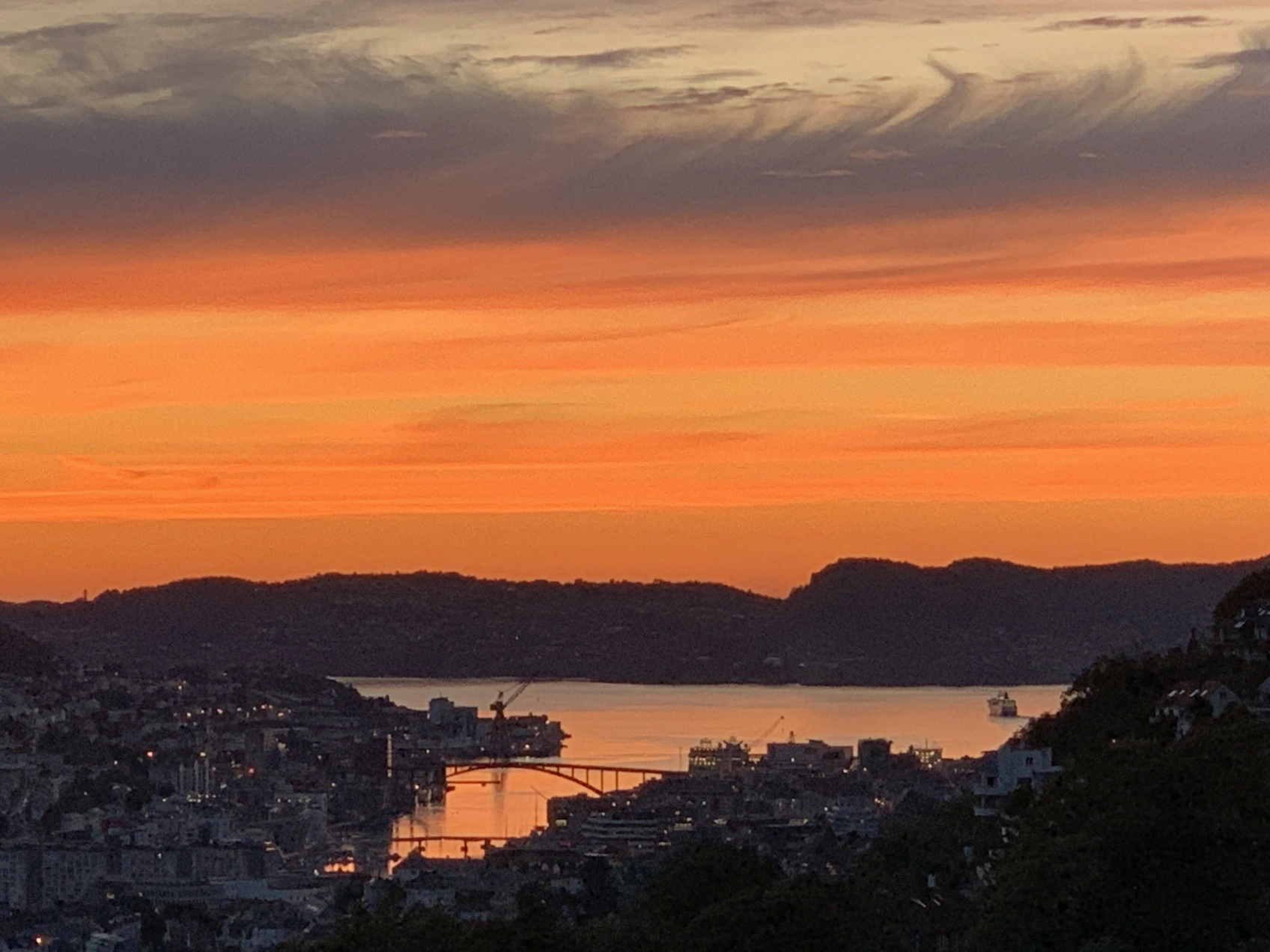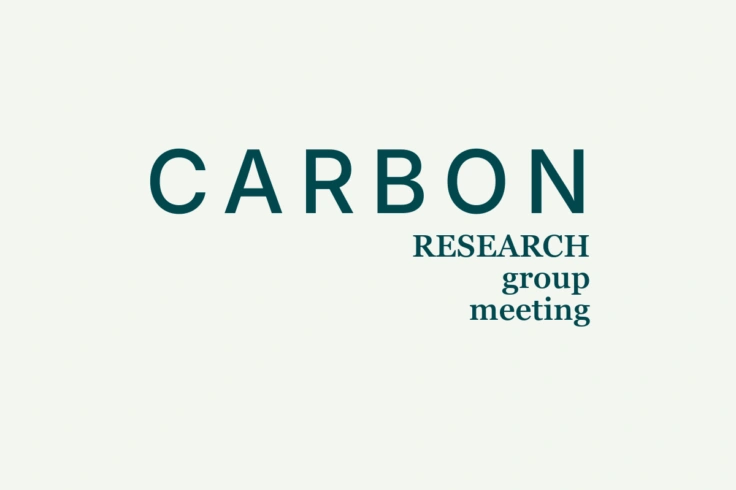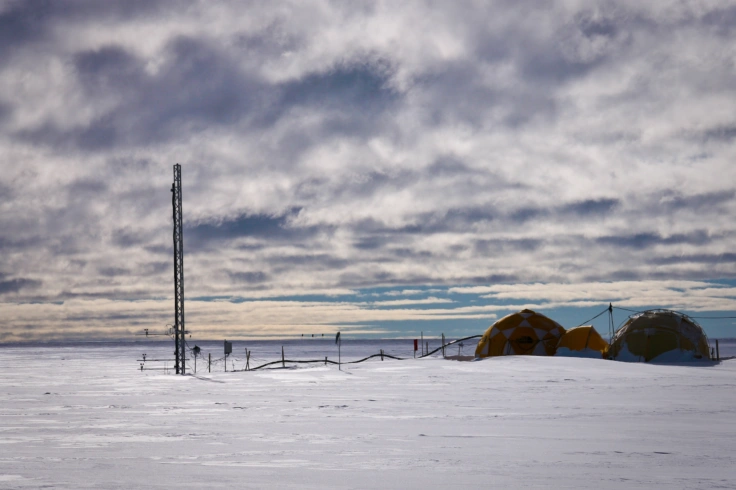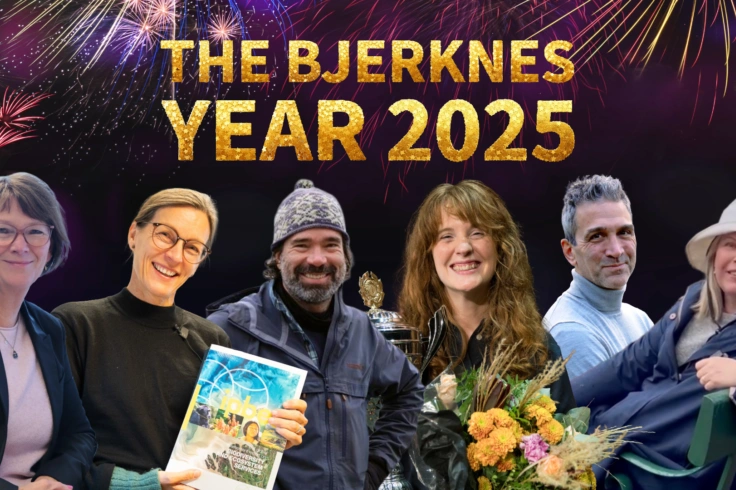
Providing cities with solutions to handle climate change improves both the global environment and local living conditions.
Read moreFind an Expert
Our researchers are employed either at NORCE, UiB, the Nansen Center or the Institute of Marine Research. The researchers work together across various scientific disciplines. Find researchers with backgrounds in meteorology, oceanography, geology, geophysics, biology and mathematics, among others.
Projects
Researchers at Bjerknes are involved in several projects, both nationally and internationally. The projects are owned by the partner institutions, with the exception of our strategic projects.
Publications
Researchers at the Bjerknes Center publish more than 200 scientific articles each year.
Calendar
See all13.02.26
New at Bjerknes meeting
Information meeting for new members of the Bjerknes Centre. Contact the administration for invitation or information.

16.02.26
BCCR Monday Seminar: Robust Estimates of Earth System Predictability of the First Kind Using the CESM2 Multiyear Prediction System (CESM2-MP)
Abstract Here, we present a new seasonal-to-multiyear Earth prediction system, Community Earth System Model, version 2, multiyear prediction system (CESM2-MP), based on the CESM2. A 20-member ensemble that assimilates oceanic temperature and salinity anomalies provides the initial conditions for 5-yr predictions from 1960 to 2020. We analyze skills using pairwise ensemble statistics, calculated among individual members (IMs), and compare the results with those obtained from the more commonly used ensemble-mean (EM) approach. This comparison is motivated by the fact that an EM of a nonlinear dynamical system generates, unlike reality, a heavily smoothed trajectory, akin to the evolution of a slow manifold. However, for most autonomous nonlinear systems, the EM does not even represent a solution of the underlying physical equations, and it should therefore not be used as an estimate of the expected trajectory. The IM-based approach is less sensitive to ensemble size than EM-based skill computations, and its estimates of attainable prediction skills are closer to the actual skills. Using IM-based statistics helps to unravel the physics of predicted patterns in the CESM2-MP and their relationship to ocean–atmosphere–land interactions and climate modes of variability. Furthermore, the IM-based method emphasizes predictability of the first kind, which is associated with initial error sensitivity. In contrast, the EM-based method is more sensitive to the predictability of the second kind, which is associated with the external forcing and time-varying boundary conditions. Calculating IM-based skills for the CESM2-MP provides new insights into the sources of predictability originating from ocean initial conditions, helping to delineate and quantify the forecast limits of internal climate variability. Speaker information Yong-Yub is a new postdoctoral researcher at the Geophysical Institute at the University of Bergen. His research focuses on multiyear-to-centennial changes in marine biogeochemistry, the predictability of biogeochemical processes, and potential tipping points in the ocean system. He completed his PhD in Physical Oceanography at Seoul National University, where he used the ROMS regional ocean model to investigate future environmental changes in the East Asian marginal seas. He subsequently worked at the IBS Center for Climate Physics (ICCP), where he developed a multiyear prediction system based on CESM2 (CESM2-MP).

17.02.26
Carbon System Group meeting
Dear all, we would like to invite you to a Carbon System Group meeting (17.02., 13-15:00h, BCCR undervisningsrom in the 4th floor) focused on dialogue and strengthening cooperation within the group. We would like to: discuss the strategy currently being developed at the Bjerknes Centre and openly discuss concerns related to this strategy explore new meeting formats that are more interactive, better connected to ongoing activities, and supportive of collaboration and networking Inspire cooperation by inviting 10 people (chosen alphabetically on the group list - you will receive an additional email if you are among the chosen ones) to give a very short presentation (2–3 slides, 3–5 minutes) addressing: What you will work on in the next 12 months What you would love to do scientifically if there were no constraints What kind of cooperation or expertise would help or be needed to make this scientific wish possible Our aim is to find a way of meeting that is useful, engaging, and relevant to you, and that helps us stay up to date while strengthening scientific cooperation across the group. We very much hope you will join us for this session and contribute to shaping both the strategy discussion and a meeting format that works well for the Carbon System Group. If you have thoughts or wishes regarding the meeting format or topics you would like to see addressed, feel free to share them with us. All the best Nadine and Are
Our Research Groups
Cross-Cutting Activities
Learn About Climate Science
View allNews
See all
10.02.26
Multi-model isotope simulations reveal a unified picture of Earth’s water cycle
An international research team has completed the first fully standardized comparison of isotope-enabled climate models, demonstrating that a multi-model ensemble provides the most accurate representation of the present-day global water cycle.

13.01.26
Cities are essential for climate
The majority of the world's population lives in cities. Providing cities with solutions to handle climate change improves both the global environment and local living conditions.

29.12.25
The Bjerknes Year 2025
A new year stands at the doorstep. While we wait for all things new, lets take a moment to look back at the year that was.





